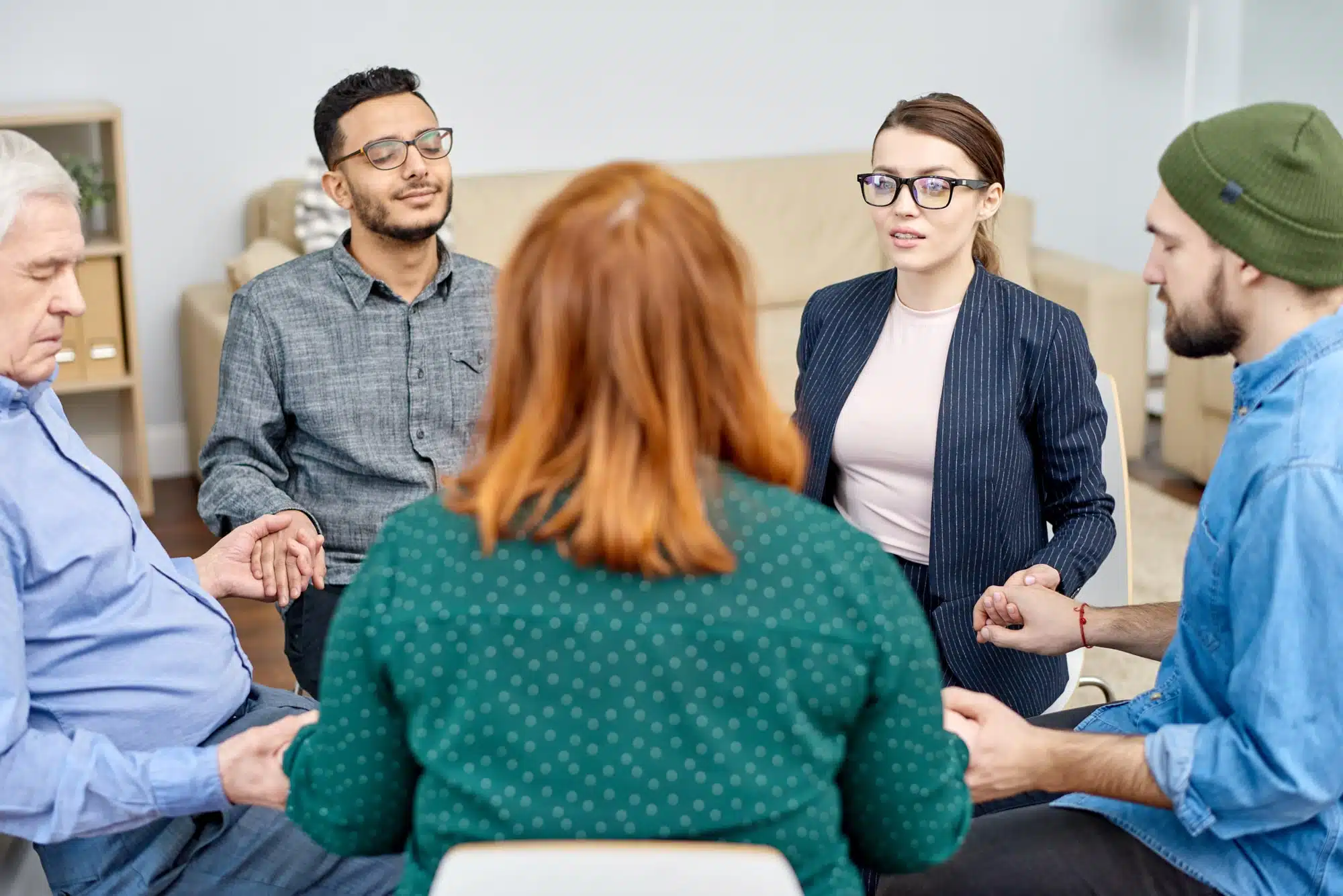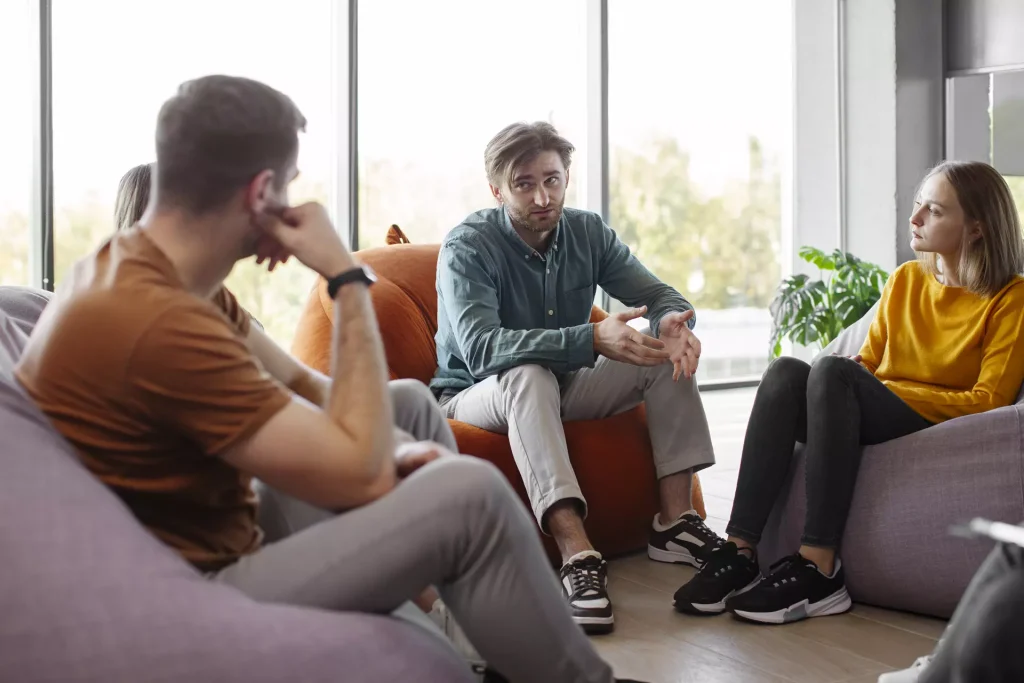24/7 Helpline:
(866) 899-221924/7 Helpline:
(866) 899-2219
Learn more about Klonopin Rehab centers in Two Harbors
Klonopin Rehab in Other Cities

Other Insurance Options

Holman Group

Regence

American Behavioral

BHS | Behavioral Health Systems

Medical Mutual of Ohio

Ambetter

State Farm

PHCS Network

Group Health Incorporated

Access to Recovery (ATR) Voucher

Health Net

MHNNet Behavioral Health

MVP Healthcare

Kaiser Permanente

Optum

Evernorth

Private insurance

EmblemHealth

Absolute Total Care

United Health Care

St. Luke’s Mental Health – Lake View Medical Clinic
St. Luke's Mental Health - Lake View Medical Clinic offers an outpatient treatment program for indiv...


























































